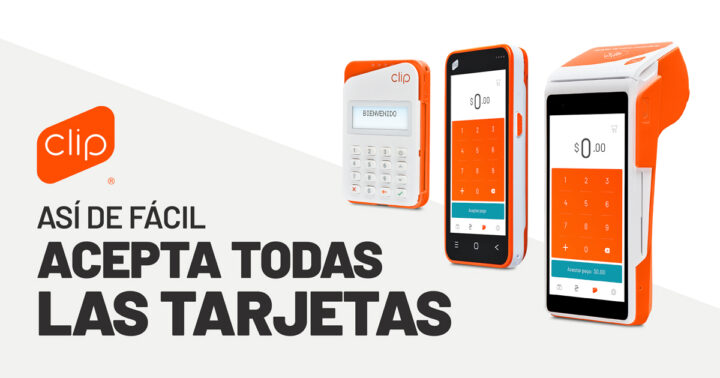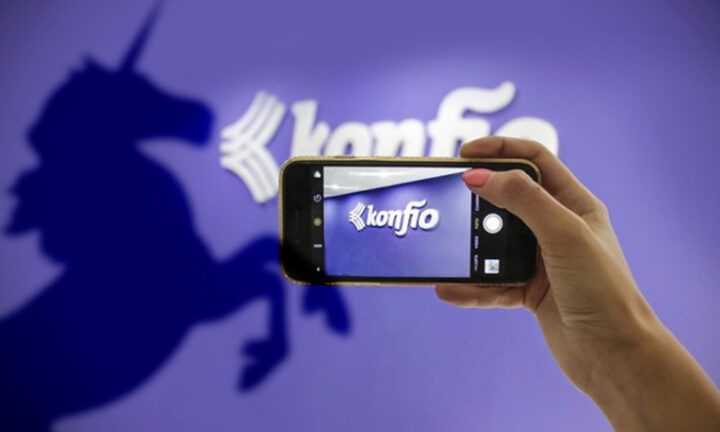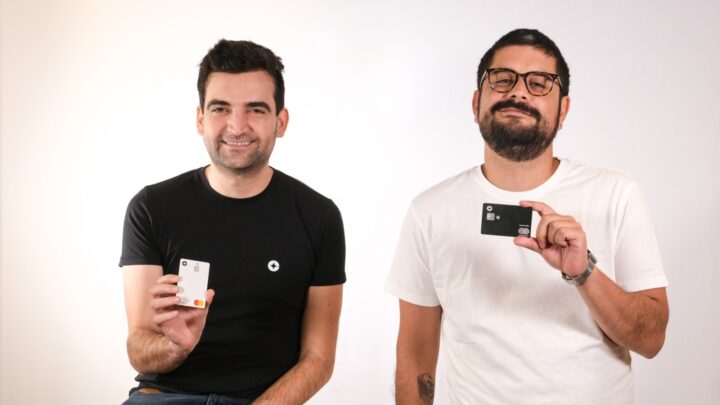Today we want to inspire you with some success stories of Mexican unicorn companies, which show that in our country there are also opportunities for startups, so if you are an entrepreneur do not be discouraged because maybe your venture will be the next unicorn on this list.
In 2013 the term unicorn company emerged, to refer to companies that reach billions of dollars in their first investment rounds. However, until 2020 there was no Mexican company that had achieved it, it was from this year everything changed, because after the entry of Kavak to this list many other Mexican startups. Here we will tell you which are the last 4 to achieve it.
What a unicorn company is?
Maybe you are not very familiar with the term unicorn company, so in this section we will explain what a unicorn company is? It is known as startups that have reached more than one million dollars, without being listed on the stock exchange, that is to say, only by raising revenue capital. Usually, this type of companies are related to technology, but there are also companies from other industries.
SoftBank’s influence
Until October 2020, there was unfortunately no Mexican company on the list of unicorn companies worldwide, although there were about 20 Latin American companies.
After Kabak, the used car buying and selling company, entered this list in October 2020 a boom of Mexican unicorn companies started and much of this success is thanks to SoftBank.
SoftBank is a holding company that began operating as such in 1999 currently is behind almost all unicorn companies worldwide, its first major investment was in 2000 with Alibaba, at that time it invested 20 million dollars, but in 2014 when it entered the stock market it earned 60,000 million.
In 2017 the founder SoftBank created Vision Fund a new venture capital fund, which operates differently from a holding company, because instead of investing to buy a company what it does is only invest money in companies, especially in startups that have not been listed on the stock exchange, without the intere? of participating in their decisions or management, to recover the invested capital they wait until they enter the stock market, the company is sold or when shares can be sold in a new round of financing, and the truth is that with this business scheme they have recovered their capital with more than enough.
Since its arrival in 2019 the company has created a cascade of investments for all of Latin America by creating two funds. In 2019 it created the Latin America Fund with 5 billion dollars and in 2021 with 3 billion dollars it created the Latin America Fund II, with them it invested capital to most of the Latin American unicorns such as Rappi or Kavak.
Fintech Law
Another factor that allowed the boom of startups and especially unicorns is the Fintech law, which was enacted in 2018. This law regulates Financial Technology Institutions and provides regulation for two types of figures: electronic payment fund facilities, i.e. digital wallets, and crowdfunding companies. Having this legal framework gives an important guarantee to investors, especially foreign investors, as it grants the security that they are investing in a formal and regulated company, which is not going to disappear at any time.
1. Bitso
Bitso is a fintech founded in Mexico in 2014, in short it is a digital exchange platform, but not an investment platform, its most important feature is that it allows its users to buy and sell digital currencies. Today Bitso will be the main electronic wallet for the exchange of bitcoins in El Salvador, it is also the main cryptocurrency exchange not only in this country but also in Mexico, Argentina and Brazil.
In 2011 Pablo Gonzalez, the founder of Bitso first learned about the existence of cryptocurrencies, he found it very interesting and became obsessed with the subject. At that moment he understood that bitcoin could enable and do things for the financial system, especially in a country like Mexico, where there is little financial inclusion, he saw in them the opportunity to “empower people with cheaper payments across borders” at that time he and his friend Ben Peters had the idea of launching a remittance service between Mexico and the United States using bitcoins.
But for this service they realized that they previously needed a platform that would connect your financial reality with the world of cryptocurrencies, after several months working up to 18 hours a day and investing all their savings they managed to launch the Bitso wallet.
When they sent the first transaction he and his partner announced it on Facebook, 5 hours later they already had 200 more transactions. Pablo Gonzalez recalls that at the beginning it was difficult especially because they invested all their savings and there was no money to pay for a floor, but after a few years the success of this startup is imminent.

2. Clip
Today, thanks to Clip, you can pay at your favorite taqueria, at the doctor’s office, at a hardware store, or even at the corner store. Clip opened the possibilities for small businesses to use the same payment methods as any larger company.
Adolfo Babatz was working for PayPal in California where he met his future partner Vila Poovala, both were clear that it was necessary to implement card payments in small businesses in a simpler way, so they created a prototype that they launched in Cancun; it worked very well so they tried to sell the idea to PayPal itself but the idea was simply shelved.
In 2012 he quit his job to devote himself fully to the creation of Clip. Babatz remembers it as a complicated time, but as he himself states “there is no right timing for entrepreneurship”. Although the start-up was difficult, thanks to his experience he managed to receive the necessary investment funds for his growth objectives; in fact, he was one of the first companies to bring funding from Silicon Valley.

3. Konfio
Konfio is a Mexican startup that began operations in 2014 was founded by Mexicans David Aranda and Francisco Padilla, its objective is to provide loans to microenterprises and entrepreneurships. In this way it offers financial solutions to growing companies in a fast and reliable way. In 2019 it received the investment of 100 million dollars from Softbank Group.
David Aranda and Francisco Padilla, both graduates of the Tecnológico de Monterrey Business School, saw a business opportunity in 2008, after the mortgage crisis when no bank wanted to grant loans unless it was a large and recognized company. Finally in 2013 they founded Konfío to grant loans to start-up without so many requirements and without waiting too long.

4. Clara
Clara is the Mexican start-up dedicated to the management and administration of business credit cards. It achieved meteoric growth in just a few months. At the end of last year in a Series B round they managed to obtain an investment of more than 70 million dollars driven by the Coatue ICONIQ Growth group, Box Group and Gaingels.
Unlike other Mexican unicorn companies, Clara managed to position itself in this list in the same year it was founded, while others have taken several years. Today its success continues to expand as it has started activities in Brazil.
The idea of clara came up during a conversation over a barbecue in Monterrey (in fact, that carne asada also gave rise to Casai, the Mexican proposal that plans to revolutionize the way you stay). Its founders, Gerry Giacomán and Diego García, already had experience in entrepreneurship and knew the lack of administrative mobility faced by any small business, they had also detected the need to easily keep track of business expenses, so in 2020 they started working on the project and by March 2021 they formally launched the application.

In this select group are also Nu, Jokr and of course Kabak, which was the first unicorn company, but the ones we have reviewed today are the ones that have entered this list in recent months, and many more are expected to enter this list.
Making it to this exclusive list means that your company is on the right track and that of course there is still a lot of work to be done, but it also shows that new opportunities are opening up for entrepreneurs in Mexico. Especially for companies that propose to solve problems in an innovative and disruptive way, with a unique proposal in the market. So if your company has these characteristics, sooner or later it will surely achieve the financing that will take it to this group.
Tell us if you think there is another factor in common between these companies to be a unicorn company.

